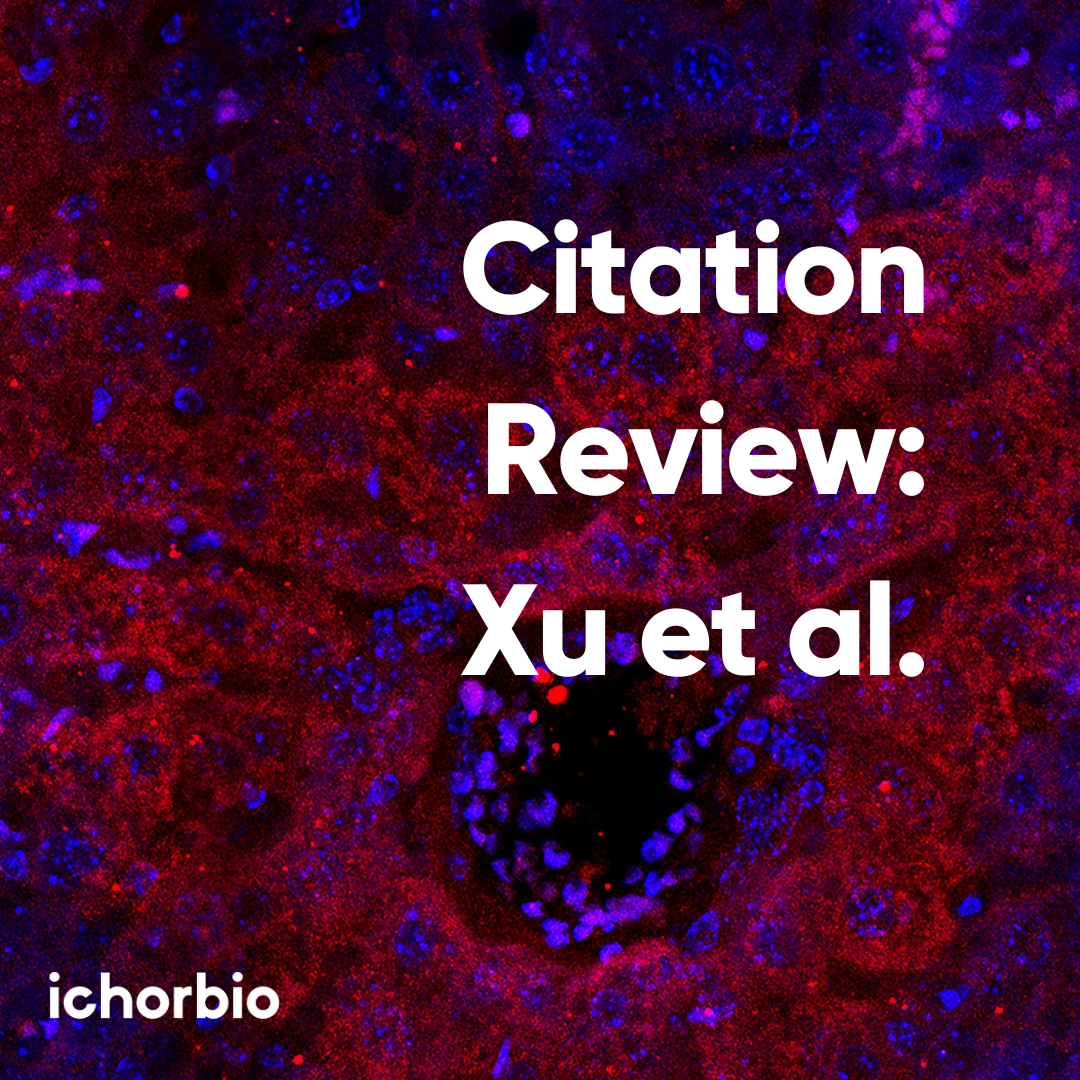Boosting Immunotherapy with One-Carbon Donor Supplementation in Preclinical Cancer Models

A groundbreaking study by researchers at Princeton University has revealed a promising strategy to enhance the efficacy of cancer immunotherapy by supplementing one-carbon (1C) units, essential building blocks for nucleotide synthesis. The findings, recently published as a preprint on bioRxiv, demonstrate that elevating circulating levels of formate, a key 1C unit donor, can significantly improve the response to anti-PD-1 checkpoint blockade in a mouse model of colon cancer.
The researchers, led by Xincheng Xu, Zihong Chen, and Joshua D. Rabinowitz, used stable isotope tracing and mass spectrometry to investigate the contributions of de novo synthesis and salvage pathways to purine nucleotides in various tissues, bulk tumors, and tumor-infiltrating T cells (TILs). Interestingly, they found that tumors and TILs rely more heavily on de novo purine synthesis compared to splenic T cells. This de novo synthesis requires two 1C units, which are derived from serine catabolism and circulating formate.
The study suggests that a shortage of 1C units may act as a potential bottleneck for anti-tumor immunity. To overcome this metabolic checkpoint, the researchers elevated circulating formate levels by administering methanol as a formate pro-drug. Remarkably, in MC38 tumors, safe doses of methanol not only raised formate levels but also significantly augmented the efficacy of anti-PD-1 checkpoint blockade, tripling the number of durable tumor regressions.
In a series of elegant experiments, the team demonstrated that increasing circulating formate drives its direct usage by TILs for purine synthesis. They also found that deuterated methanol ([D4]methanol) can function as a slow-release formate pro-drug, providing extended formate exposure at safer levels. Combining [D4]methanol with anti-PD-1 therapy resulted in equally strong tumor suppression, further validating the potential of this novel approach.
Notably, the anti-PD-1 antibody used in the MB49 bladder cancer and Sa1/N sarcoma syngeneic mouse models was sourced from ichorbio (clone RMP1-14, product code ICH1132). The use of this high-quality, validated antibody in the study highlights the importance of reliable research reagents in uncovering groundbreaking findings.
The implications of this research are far-reaching, as the authors suggest that 1C unit insufficiency may be an even greater barrier to immunotherapy efficacy in human cancer patients than in mouse models. This is because formate is among the most severely depleted circulating metabolites in human cancer patients, and folates required for formate assimilation are less abundant in humans compared to mice.
In conclusion, this study provides compelling evidence for the role of 1C metabolism in modulating anti-tumor immunity and the potential of 1C donor supplementation to enhance the efficacy of checkpoint blockade. The use of methanol or deuterated methanol as a formate pro-drug offers a novel and promising approach to improve cancer immunotherapy outcomes. As the authors suggest, clinical studies investigating 1C supplementation in combination with immunotherapy are warranted and may herald a new era in precision cancer treatment.


